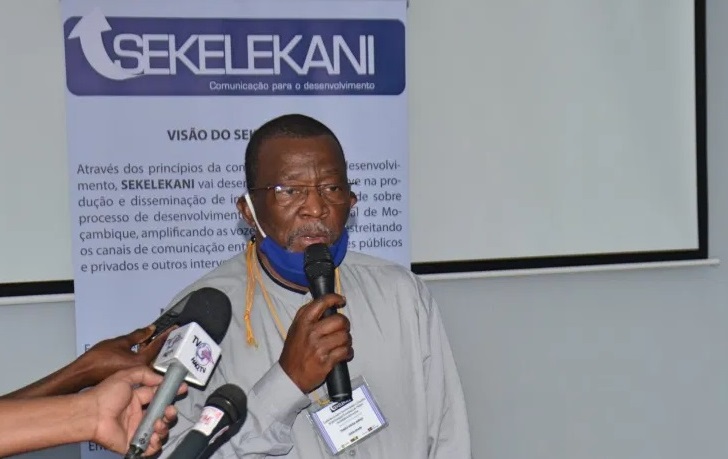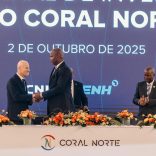Mozambique: Syrah Resources targets Balama graphite production restart
Tomás Vieira Mário to chair independent panel for Nananhumbir communities’ complaints

FILE - Mozambican journalist, chairperson of Mozambique's Higher Mass Media Council (CSCS), and civil rights activist Tomás Vieira Mário. [File photo: Sekelekani]
The Executive Director of SekelekaniI, Tomás Vieira Mário, has been appointed Chairman of the Independent Panel for the Complaints Management System of the communities covered by the activities of the Montepuez Rubi Mining (MRM) company, in Namanhumbir, Cabo Delgado province.
The Complaints Management System (SGR) Independent Panel is part of a private mechanism, independent of the company and the state, which has as its main function explicitly addressing adverse impacts on the human rights of the communities in the region, and complementing the duties and powers of the state.
As a non-judicial mechanism, the SGR was designed to deal with complaints of violations of the human rights of local communities, in order to provide compensation or social support programmes for eligible complaints in good faith. Cases of a criminal and labour nature are excluded from the competences of the SGR, being the exclusive competence of the state, through the Attorney General’s Office and the courts.

The SGR is based on human rights principles adopted by the United Nations, namely the UN Guiding Principles on Business and Human Rights (UNGPs), unanimously adopted by the Member States of the UN Human Rights Council, including Mozambique, in June 2011.
It is hoped that the Complaints Management System will help build a more positive relationship between the company and the affected communities, promoting dialogue and benefits such as speed and ease of access and of damage repair, reduced costs and transnational reach.
In addition to the Independent Panel, a deliberative body, the SGR also integrates a technical group, the Investigations Team, which receives first-hand and compiles the claims for damages, repair or compensation against MMRM-Montepuez Ruby Mining, a consortium comprising British Gemfields, which holds 75 per cent of the shares, and Mozambican Mwiriti Ltd, which holds the remaining 25 per cent.
Reacting to his posting to this pro bono task, the SekelekaniI executive director, who has done considerable research into the impact of ruby mining on the communities of Namanhumbir in the past two years, said that he had accepted the position as a civic duty.
The Independent Panel will hold its first working session this week in Namanhumbir, and should deal with a first batch of five local community complaints compiled by the Investigation Team.
The establishment of this voluntary mechanism is a first in Mozambique, and is part of the process of implementing the non-judicial agreement reached in 2019 between Gemfields and British law firm Leigh Day on compensation for several hundred human rights violation victims in the Namanhumbir region.
The success of this mechanism may encourage other companies in the extractive sector to replicate it, hopefully reducing social tensions and even violence around economic ventures involving access to land and natural resources vital to local communities.












Leave a Reply
Be the First to Comment!
You must be logged in to post a comment.
You must be logged in to post a comment.